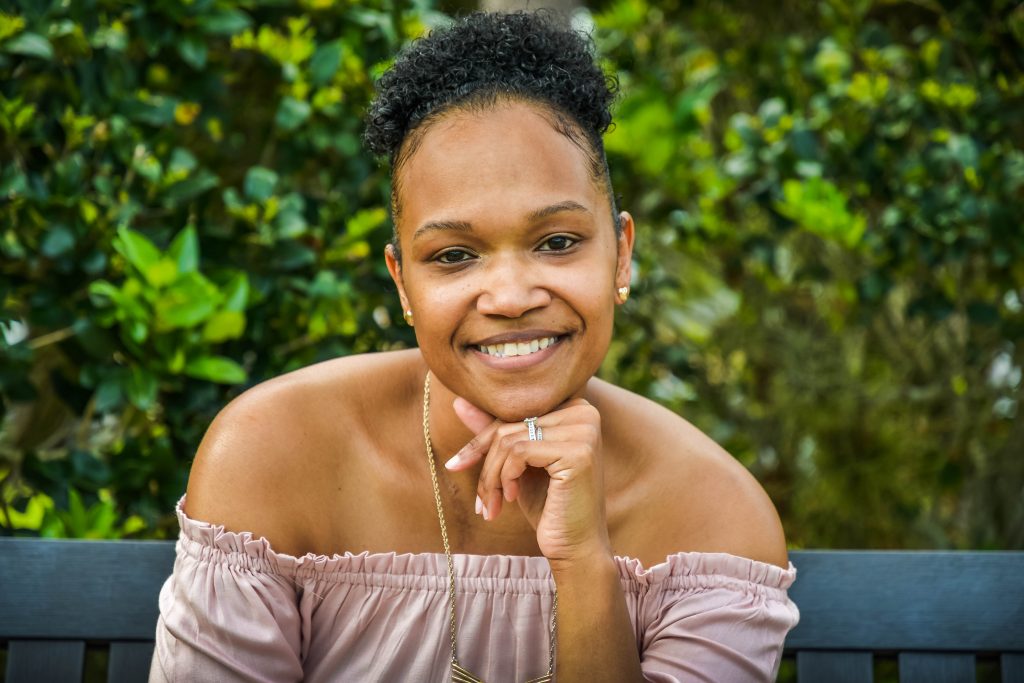I couldn’t agree more with the idea of setting personal goals and continuously striving for self-improvement throughout our lives. Indeed, personal growth is a lifelong process that requires constant self-reflection, learning, and adaptation to new situations.
While it’s true that our parents, caregivers, and teachers play an essential role in shaping our early development, but as adults, we have the power and responsibility to take charge of our lives and set our own paths towards growth and fulfillment.
Setting personal goals can be an excellent way to start this process. It helps to clarify what we want to achieve, identify our strengths and weaknesses, and create a roadmap to achieve our objectives. However, it’s important to note that personal growth is not a linear process, and setbacks and challenges are a natural part of the journey.

It’s okay, and encouraged, to start with small and focus on achievable goals. Over time, as you build momentum and gain confidence, you can expand your horizons and tackle more significant challenges.
Remember, personal growth is not a destination but a journey, and the most important thing is to enjoy the process, learn from your experiences, and continue to grow and evolve as a person.
In my opinion, soft skills are essential for personal and professional success. Developing these skills requires intentional effort and practice. Here are some ways to develop six soft skills:
1. Communication: Practice active listening, which involves listening with the intent to understand, not just to respond. Focus on clarity and brevity when communicating, and don’t be afraid to ask questions or ask for clarification.
2. Interpersonal skills: Build relationships with people outside your usual circle, attend social events, and engage in group activities to practice interacting with others. Learn to read nonverbal cues and practice setting and respecting boundaries.
3. Time management: Create a schedule, prioritize tasks, and eliminate distractions. Use tools like calendars, to-do lists, and apps to help you manage your time effectively.

4. Learning mindset: Cultivate a growth mindset, which involves believing that intelligence and abilities can be developed through hard work, dedication, and persistence. Seek out opportunities for learning and personal development, such as attending classes, reading books, or joining online communities.
5. Getting outside your comfort zone: Challenge yourself to try new things, even if they make you feel uncomfortable or scared. Start small, and gradually increase the level of difficulty.
6. Goal-setting: Develop clear and specific goals, with a timeline and actionable steps to achieve them. Write them down and hold yourself accountable by tracking your progress regularly. Celebrate small wins along the way to keep yourself motivated.
One-on-one guidance can be highly effective for personal growth and development. The type of guidance that is most appropriate for you will depend on your individual needs and goals.
A mentor or coach can be an excellent choice if you are looking to improve your interpersonal skills, time management, and goal-setting, or if you want to advance in your career. Mentors or coaches are experienced professionals who can provide you with advice, feedback, and support, based on their own experiences and expertise. They can help you identify your strengths and weaknesses, set achievable goals, and develop actionable plans to reach them.

If you are struggling with mental health issues, a therapist is a trained mental health professional who can guide your journey in a clinical setting. Therapists can help you manage anxiety, depression, stress, and other mental health issues, using a variety of evidence-based techniques, such as cognitive-behavioral therapy (CBT), dialectical behavior therapy (DBT), or mindfulness-based stress reduction (MBSR). They can provide you with a safe and confidential space to explore your thoughts and feelings and work with you to develop coping strategies to manage your symptoms.
It’s important to note that seeking guidance from a mentor, coach, or therapist is a personal decision, and there is no one-size-fits-all solution. If you are considering seeking one-on-one guidance, take the time to research and find a professional who aligns with your needs and values, and who has the expertise and experience to help you achieve your goals.
Here at Tampa Counseling Place we have experienced and highly trained therapists who can help you on this self-development and healing journey. 🙂
Natalie Rosado, LMHC
Founder, Tampa Counseling Place
